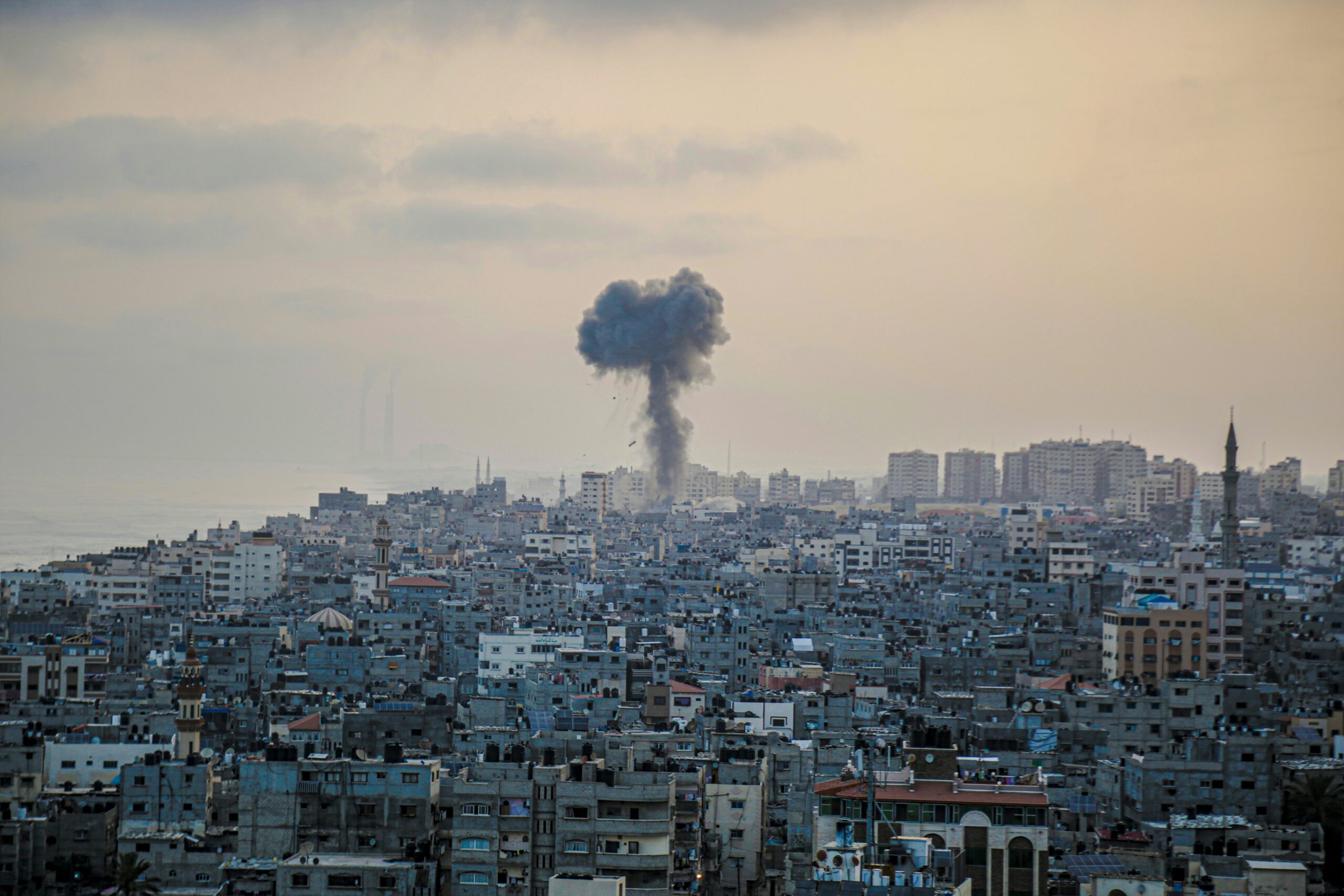
The Israeli government’s proposed intensification of military operations in Gaza has triggered a wave of opposition across various sectors in Israel, reflecting deep divisions within the country over the handling of the conflict. The escalation plan, which includes seizing key areas such as Gaza City and its central camps, has not only faced international condemnation but also significant domestic pushback.
Key Facts
- The Israeli cabinet, led by Prime Minister Benjamin Netanyahu, has proposed an escalation of military activities in Gaza.
- Netanyahu initially suggested a complete takeover of Gaza, but faced resistance from the military and had to adjust his plan.
- The revised plan focuses on seizing Gaza City and other strategic locations.
- Despite endorsement by some far-right elements within his coalition, the plan has been met with widespread criticism and protests within Israel.
Background
Amid ongoing tensions and humanitarian crises in Gaza, the Israeli government’s decision to potentially expand military operations has intensified debates about the conflict’s direction and objectives. Prime Minister Netanyahu, citing the defeat of Hamas as a primary goal, argues that the escalation is necessary to ‘finish the job.’ However, this stance is increasingly contentious within Israel, especially given the high civilian toll and the destruction already inflicted on Gaza over the past 22 months.
Timeline/What We Know
The decision to potentially escalate the conflict follows a tumultuous period of military engagement and political maneuvering. Notably, Netanyahu had to scale back his initial plan for a full takeover of Gaza after facing pushback from senior military officials and the exhaustion of troops. The current plan, while scaled down, still aims for significant military action against strategic locations within Gaza.
Official Reactions
Within Israel’s political and military frameworks, reactions have been mixed. Key figures in the security establishment, including Chief of Staff Eyal Zamir, have expressed concerns about the feasibility and potential consequences of the plan. Publicly, Netanyahu has defended the escalation as a necessary step, but this has not quelled the internal dissent and widespread public protests against further military actions.
What’s Next
As opposition grows, the future of Netanyahu’s escalation plan remains uncertain. The Israeli public, significantly impacted by the ongoing conflict, has shown robust opposition through protests and calls for a more measured approach to resolving the security situation in Gaza. The international community continues to watch closely, as the decisions made in the coming weeks could have profound implications for both regional stability and the humanitarian situation in Gaza.


